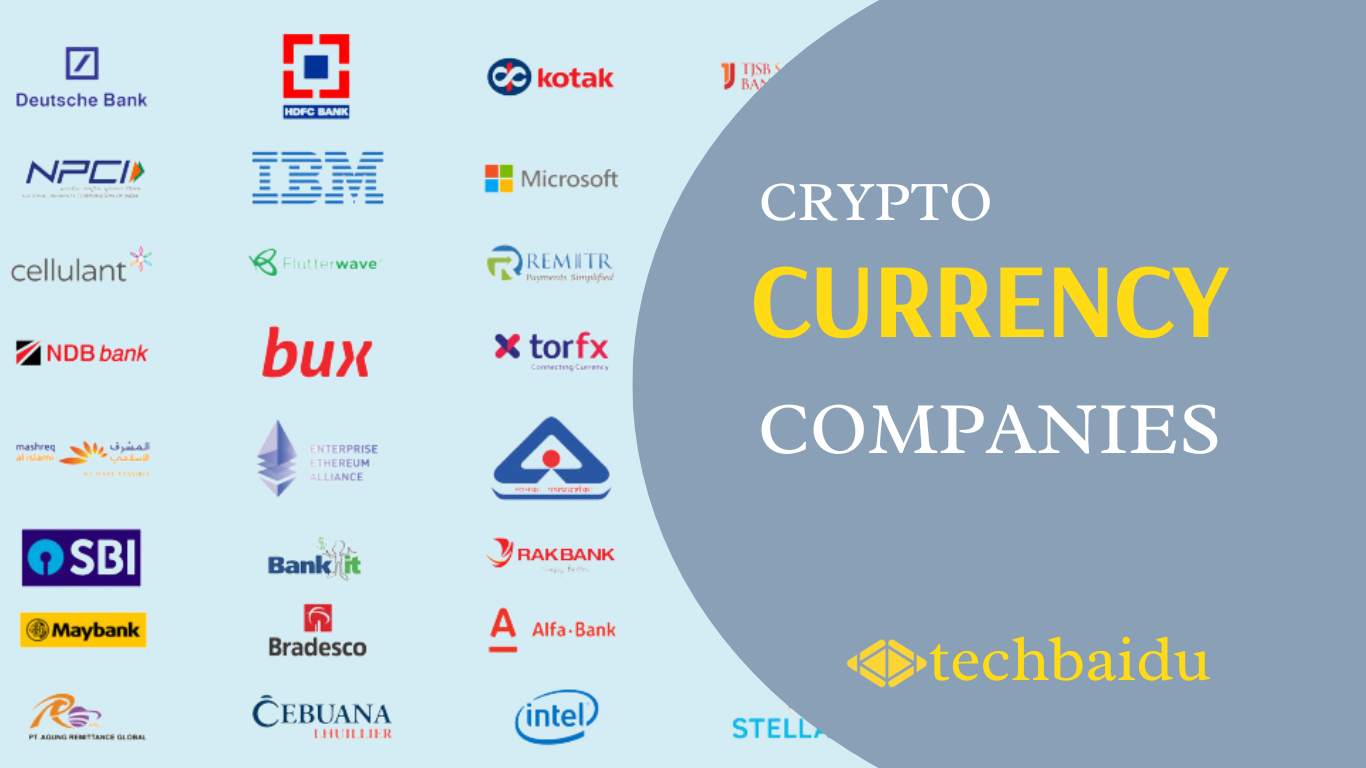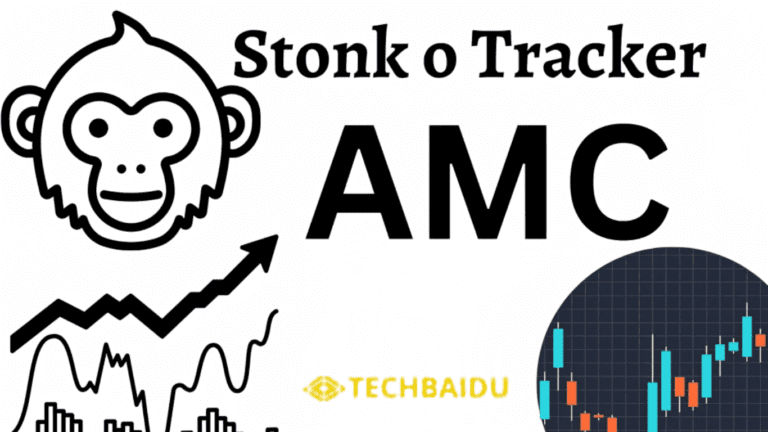The cryptocurrency realm is a vast, ever-evolving landscape teeming with innovative companies shaping the future of finance and technology. Navigating this intricate space can be daunting, particularly for newcomers. This comprehensive guide delves into the top cryptocurrency companies operating in 2023, categorised by their core functionalities, providing a roadmap for navigating this dynamic ecosystem.
Cryptocurrency Exchanges: Gateways to Buying and Selling Crypto
Cryptocurrency exchanges are the central hubs for individuals and institutions to buy, sell, and trade crypto assets. These platforms offer various functionalities, cater to diverse user needs, and boast a wide range of supported cryptocurrencies. Let’s explore some of the leading players in this domain:
Coinbase Global Inc. (COIN): A Publicly Traded Titan
Coinbase Global Inc. (COIN) is a publicly traded company and one of the largest and most recognised cryptocurrency exchanges globally. Its user-friendly platform facilitates buying, selling, and storing various cryptocurrencies, making it a popular choice for beginners and experienced investors. With a focus on security and compliance, Coinbase offers a secure and reliable environment to manage your crypto holdings.
Binance: A Global Leader with Diverse Offerings
Binance has emerged as a dominant force in the cryptocurrency exchange, boasting a vast user base and a wide range of cryptocurrencies and trading options. Its competitive fees, advanced charting tools, and margin trading capabilities attract retail and institutional investors. Binance also offers various services, such as staking, lending, and its own NFT marketplace, further solidifying its position as a comprehensive crypto ecosystem.
Kraken: A Secure Haven for Dedicated Traders
Kraken, a veteran exchange established in 2011, prioritises security and compliance, making it a favoured platform for institutional investors and security-conscious individuals. Its robust features cater to advanced traders, offering a range of order types, margin trading, and sophisticated charting tools. While the platform may not be as user-friendly as some competitors, its focus on security and reliability resonates with discerning users.
Crypto.com: A Mobile-First Platform with Comprehensive Services
Crypto.com has rapidly gained traction in recent years, particularly among mobile-first users. Its user-friendly mobile app offers a seamless experience for buying, selling, and managing crypto assets. Additionally, Crypto.com provides diverse services beyond exchange functionalities, including staking rewards, its own Visa debit card, an NFT marketplace, and an integrated DeFi platform.
Gemini: A Regulated Choice for Institutional Investors
Gemini, a New York-regulated exchange, caters to institutional investors and individuals seeking a secure and compliant environment. Its limited but curated selection of cryptocurrencies ensures adherence to strict regulatory standards, making it a suitable option for those prioritising security and compliance.
Wallets: Safeguarding Your Digital Treasures
Cryptocurrency wallets serve as the virtual vaults where your digital assets reside. Choosing the right wallet is crucial to ensure the security and management of your crypto holdings. Here are some of the leading players in the crypto wallet space:
Ledger: The Offline Hardware Guardian
Ledger, a pioneer in hardware wallets, offers robust offline storage for your crypto assets. Its secure hardware devices provide additional protection against online threats, making them ideal for the long-term storage of valuable crypto holdings.
Trezor: User-Friendly Security with a Proven Track Record
Another prominent player in the hardware wallet space, Trezor, offers user-friendly interfaces and advanced security features. Its Trezor Model T boasts a touchscreen display and integration with various DeFi applications, making it a versatile solution for beginners and experienced users.
MetaMask: A Web3 Gateway for Your Crypto Assets
MetaMask, a popular browser extension and mobile app wallet, has become crucial for interacting with decentralised applications (dApps) and managing NFTs. Its intuitive interface and seamless connection to various dApps make it a preferred choice for users actively participating in the Web3 ecosystem.
Exodus: A User-Friendly Desktop and Mobile Solution
Exodus offers a user-friendly desktop and mobile wallet solution that caters to a broad spectrum of users. Its intuitive interface, integrated exchange features, and support for a wide range of cryptocurrencies make it a convenient option for managing your crypto portfolio.
Coinbase Wallet: Self-Custody Within the Coinbase Ecosystem
Coinbase Wallet, a self-custody option integrated with the Coinbase exchange, allows users to manage their crypto assets independently while still benefitting from the exchange’s security infrastructure. This option gives users more control over their digital assets while maintaining a familiar interface.
Conclusion
The cryptocurrency landscape is a vibrant and ever-evolving ecosystem, teeming with innovative companies and diverse functionalities. As the industry matures, we expect continued growth, technological advancements, and regulatory developments to shape and define this dynamic space. Whether you’re a seasoned investor or just starting your crypto journey, understanding the players and their offerings within this landscape is crucial for navigating this exciting and transformative revolution.
FAQs
Q1: What are cryptocurrency companies?
Cryptocurrency companies operate within the cryptocurrency and blockchain industry. These companies can be involved in various activities, including developing blockchain technology, creating and managing cryptocurrencies, offering wallet services, and facilitating cryptocurrency exchanges.
Q2: What services do cryptocurrency companies provide?
Cryptocurrency companies offer cryptocurrency exchange platforms, wallet services, blockchain development, ICO/STO (Initial Coin Offering/Security Token Offering) consultancy, and other blockchain-related solutions. Some also focus on mining, while others may provide analytics or security services.
Q3: How do cryptocurrency companies make money?
Cryptocurrency companies generate revenue through various means, including transaction fees on their platforms, subscription fees for premium services, consultancy fees, token sales during ICOs/STOs, and, in the case of mining companies, rewards for validating transactions on the blockchain.
Q4: Are cryptocurrency companies regulated?
Regulatory status varies globally. Some countries have embraced and regulated cryptocurrencies, while others have imposed restrictions or outright bans. Cryptocurrency companies must adhere to regional compliance standards, including anti-money laundering (AML) and know-your-customer (KYC) regulations.
Q5: How can I invest in cryptocurrency companies?
Investing in cryptocurrency companies can be done through various means. One common way is to purchase shares if the company is publicly traded. Additionally, some companies may offer tokens or coins during fundraising events like ICOs or STOs. As with any investment, thorough research and understanding the company’s business model are crucial.
Q6: What risks are associated with investing in cryptocurrency companies?
Investing in cryptocurrency companies comes with risks such as market volatility, regulatory changes, security concerns, and technological challenges. It’s essential for investors to carefully assess the company’s fundamentals, market conditions, and potential risks before making investment decisions.
Q7: How can I distinguish between legitimate and fraudulent cryptocurrency companies?
Legitimate cryptocurrency companies are typically transparent about their team, technology, and business model. Look for companies with a track record, positive community feedback, and compliance with regulatory standards. Be cautious of red flags such as unrealistic promises, lack of clear documentation, and anonymous teams.
Q8: Can I use cryptocurrencies from different companies interchangeably?
In many cases, cryptocurrencies are interchangeable across different platforms and companies. However, checking whether your specific wallet or exchange supports the cryptocurrency is essential. Not all cryptocurrencies are universally accepted on all platforms.
Q9: How can I stay updated on developments in cryptocurrency companies?
Stay informed through reputable news sources, official company announcements, and social media channels. Following industry experts, participating in online communities, and attending conferences can also provide valuable insights into the latest trends and developments within the cryptocurrency and blockchain space.
Q10: Are cryptocurrency investments suitable for everyone?
Cryptocurrency investments carry inherent risks and may not be suitable for everyone. Individuals need to assess their risk tolerance, conduct thorough research, and, if necessary, seek advice from financial professionals before entering the cryptocurrency market.
1st: Crypto Loco: Revolutionizing the Financial Landscape
2nd: Crypto Arena Seating Chart: A Comprehensive Guide
3rd: Crypto Loko No Deposit Bonus: An Ultimate Guide to Free Spins
4th: Crypto Loko Casino Login Guide for Seamless Gaming
5th: Art of the Deal: A Step-by-Step Guide on How to Buy Trump NFT








